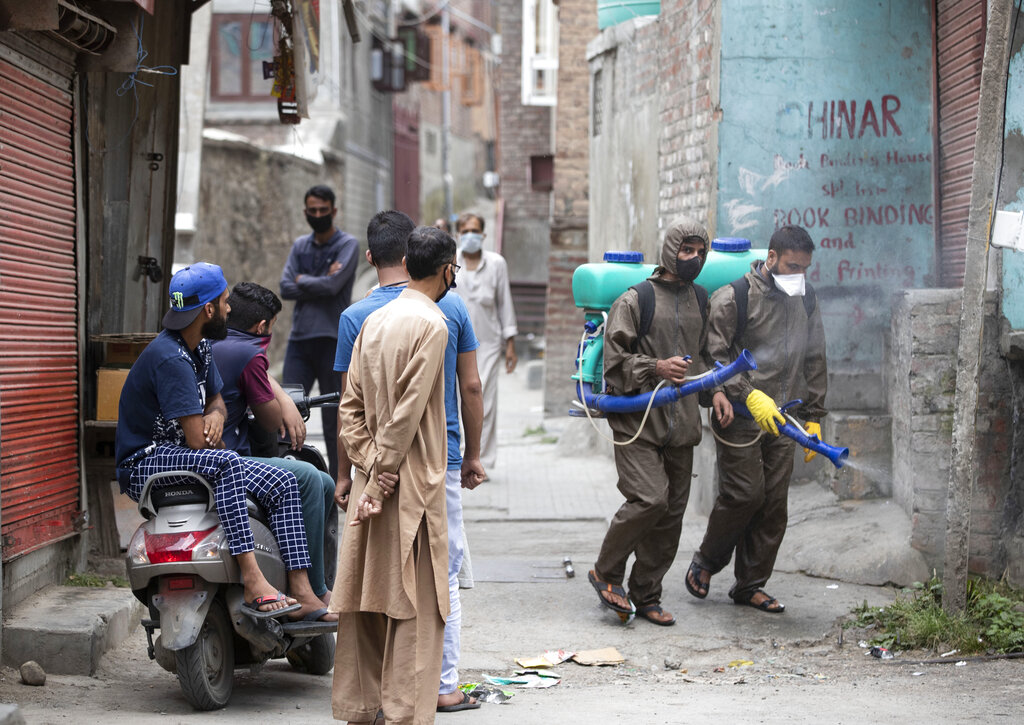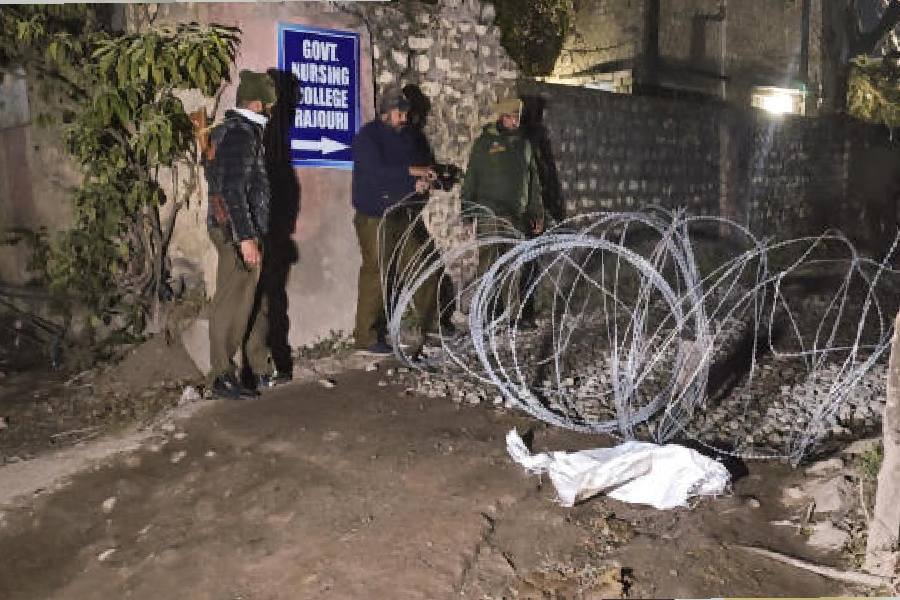Pakistan-Occupied-Kashmir (PoK) will become a part of India "at an appropriate time" as the country is bound by its Parliamentary resolution to this effect, Lieutenant General KJS Dhillon (retired) said here on Saturday.
Dhillon, who commanded XV Corps of the Army when the 2019 Pulwama attack took place, was here to speak at the Ahmedabad Design Week event organised at Karnavati University.
He had taken over the command at a crucial time when the Centre executed its plan of abrogation of the special status of Jammu-Kashmir and had bifurcated the state into two Union Territories, namely Ladakh and Jammu and Kashmir.
"Lots of people in this country thought Article 370 would never go. Article 370 went when the time came. PoK will come (to India) when the time comes. It is a resolution in our Parliament. Being a good democracy, we are bound by our Parliamentary resolution. PoK will come at an appropriate time," he said while replying to a query from the audience on whether the PoK will ever become a part of India.
"After Article 370 and Article 35A (were abrogated), it was the most peaceful period in Kashmir's history in the last 30 years. And that is how a strong government makes sure strong decisions are implemented," he said.
He said peace and business were being witnessed and tourists were flocking to the region, adding that the Pakistani propaganda of blockades and lockdown taking place (in Kashmir) had been totally crushed.
Dharnas and stone pelting that followed the abrogation of Article 370 in Jammu & Kashmir was no longer taking place, and the "radicalisation of Pakistan-based systems were working, and those have been crushed," said the former Director General of Defence Intelligence Agency.
"Hurriayat used to give a call for bandh. Today, Hurriyat is a non-existent organisation. Kashmir is peaceful now. Stray incidents of terrorism do happen, but they are taken care of," the retired lieutenant general said.
He claimed a study showing how a stone-pelter in Kashmir who ended up as a terrorist has a two-third chances of getting killed within a year had an impact on the psyche of the people.
"Today's stone pelters are tomorrow's terrorists who are likely to be killed in the first year itself. This was told to the mothers of the stone pelters. This had a major impact. Fifty boys returned after having joined major terrorist organisations in one year," he said.











